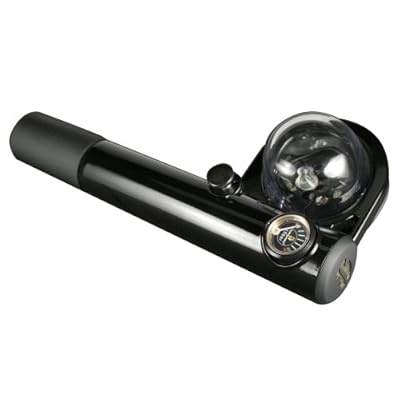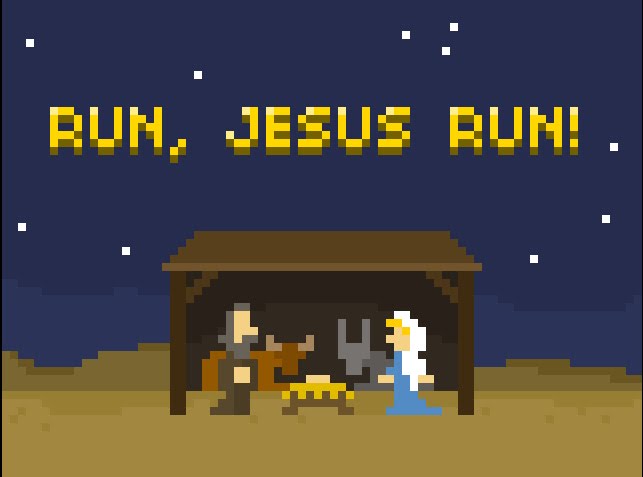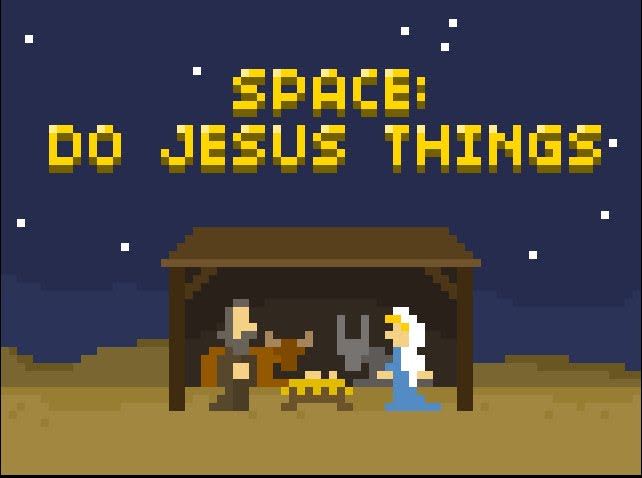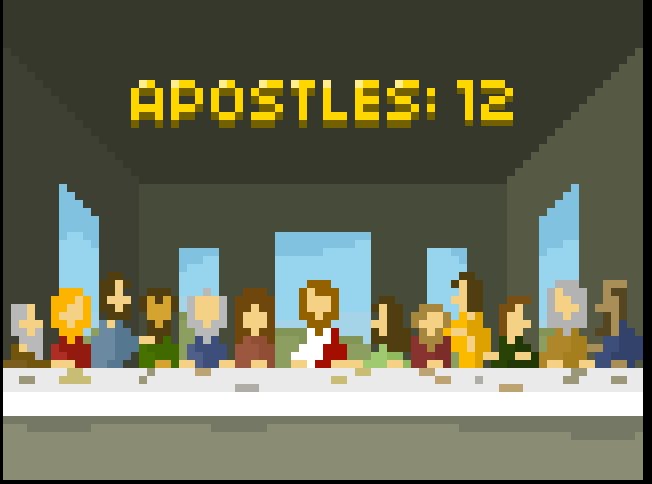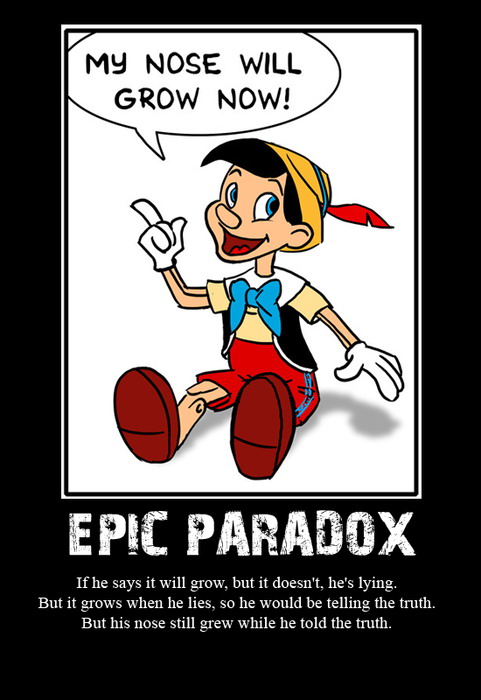Lest I wander too far down the path of heresy with my “everything is sin, so stop worrying about it an get on with the job” vibe, I thought I should counter my ten points from last night with ten points on the antithesis to sin – righteousness. This is almost entirely from Romans 6, which I think gives us a great platform from which we can deal with the problem of sin tainting every one of our actions (even the righteous ones). Verse one and two…
What shall we say, then? Shall we go on sinning so that grace may increase? By no means! We died to sin; how can we live in it any longer?
Some may think, and yet nobody has yet suggested, that Romans 6:11-14 are a natural counter to my position from last night…
In the same way, count yourselves dead to sin but alive to God in Christ Jesus. Therefore do not let sin reign in your mortal body so that you obey its evil desires. Do not offer the parts of your body to sin, as instruments of wickedness, but rather offer yourselves to God, as those who have been brought from death to life; and offer the parts of your body to him as instruments of righteousness. For sin shall not be your master, because you are not under law, but under grace.
This is mostly why I’m writing this post. I don’t think we can consider sin without considering the opposite… I think this particular passage, the rest of Romans and the rest of scripture describes this tension. Galatians 5 is another good example of the “battle” going on within.
But I say, walk by the Spirit, and do not gratify the desires of the flesh. For the desires of the flesh are against the Spirit, and the desires of the Spirit are against the flesh; for these are opposed to each other, to prevent you from doing what you would. But if you are led by the Spirit you are not under the law.
- We are not to “live in sin” any longer – we are now, thanks to the Holy Spirit, locked in a battle between our two natures. Our tainted by sin nature and our desire to serve our new master via the Spirit.
- Our new nature will lead to righteous actions. Romans 6 again…
Don’t you know that when you offer yourselves to someone to obey him as slaves, you are slaves to the one whom you obey—whether you are slaves to sin, which leads to death, or to obedience, which leads to righteousness?
- Righteousness comes through faith, but is not limited to faith. Application in sermons, or bad advice, that conflates righteous living with faithful living is a bit unhelpful. There is more to “doing good deeds” than reading your bible. Nobody on the street ever thought “gee, God loves me” because you read your Bible for an extra hour last night.
- God is holy. He hates sin. Even if it’s inevitable he wants us not to do it. Both Jesus and Paul use imperative language when describing how we are to live with Jesus as Lord (both with regards to what we are to do, and what we are not to do). This to me suggests that we actually do have to do this stuff. Our good works are never salvific (because, to push my barrow a little further, they are always going to be tainted by our sin). But without good works there is no evidence that we are saved, and good works are what we are to do after salvation (think Ephesians 2, James 2).
- There are many things that we are called to do as Christians. Being the “missional” guy I am – I think all of the things we’re called to do are subsets of the need to be making disciples. This does not mean that we should not do social justice type stuff for the sake of proclamation of the gospel. We are not called to be street preachers who have no idea about the people they are speaking to – but to be relational (the analogies for ministry throughout the Bible support this – ie shepherds, family, etc). Proclamation without deeds is dead. While we’re sailing dangerously close to “preach the Bible when necessary use words” territory
- We tend to be more “armour of God” than “fruits of the Spirit” in our emphasis on righteousness. We need to be both. It’s no good being equipped with faith and truth if we’re not also demonstrating love, patience and humility.
- While I don’t keep a record of my rights and my wrongs (and I don’t think of it like a scorecard) – there would appear to be some Biblical case to be made for God providing extra reward (not just salvation) for righteous living. I think most of these passages are also tied to faithful ministry. Because I believe that all “righteousness” is a subset of ministry (because I believe that all Christians are in “ministry” as part of the one body).
- The right things that I do are only done as a result of the work of the Spirit, and are only possible because of the sovereignty of God (he prepares them in advance) – they are never a reason for boasting nor are they anything but filthy rags (Isaiah 64:6) without the Spirit imbuing them with righteousness (or removing the taint of sin – I don’t think this happens in the action itself, but in how God judges the action).
- The right, good, or obedient actions of non-Christians are also produced as a result of God’s grace in the form of common grace. These actions, like our own, have no intrinsic value or merit – the merit is extrinsic only. It comes through God working them out for himself.
- I am much more worried about my inability to do righteous things than I am by my inability not to do unrighteous things. I expect that as a result of the Spirit I will do good things, and if I don’t I am disappointed and have doubts. I expect as a result of the flesh to do bad things, and if I do I am not disappointed, I just get on with trying to do right. I think I try to apply 1 Corinthians 10:31 (which I think functions the same both in and out of context) to both my sin and my righteousness. I sin so that God may be glorified in showing mercy, and I do the good deeds prepared for me so that God may be glorified in his goodness.


